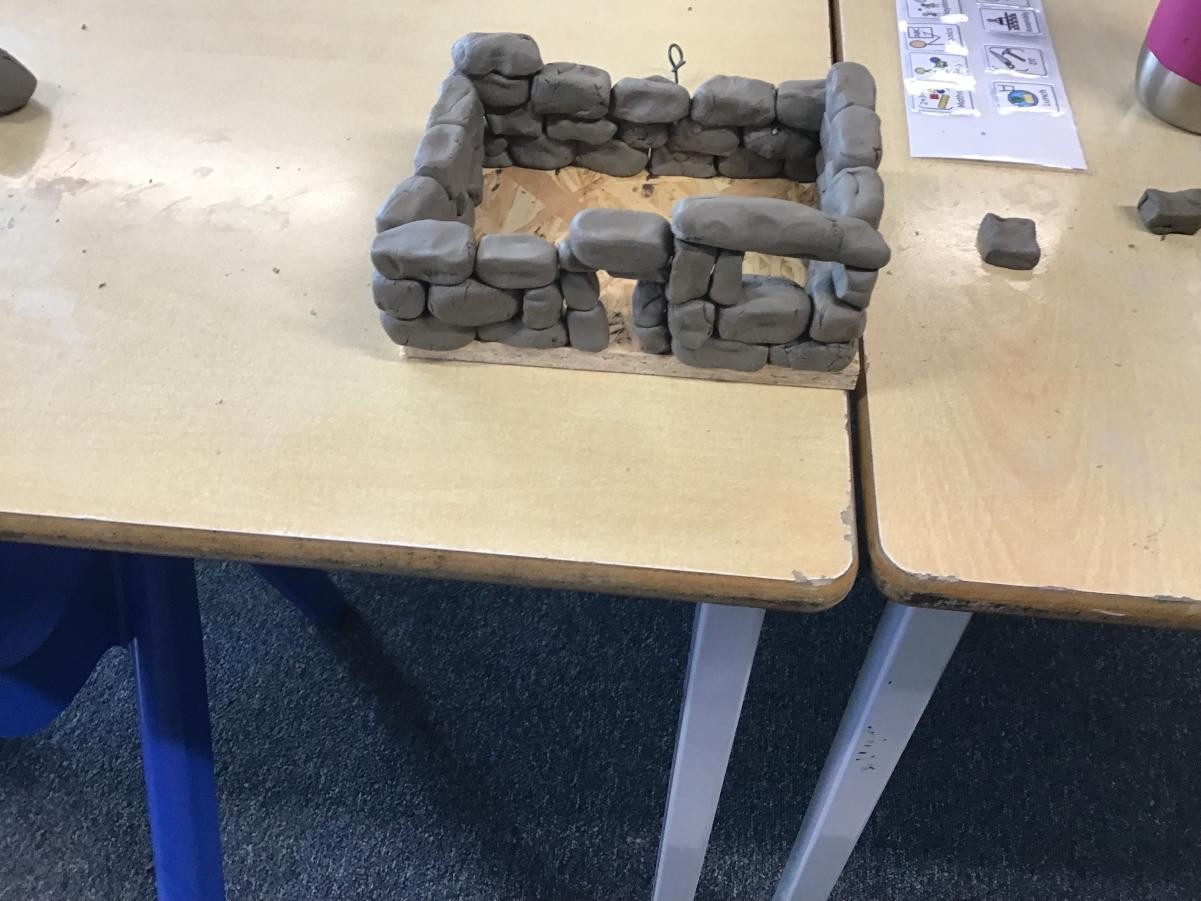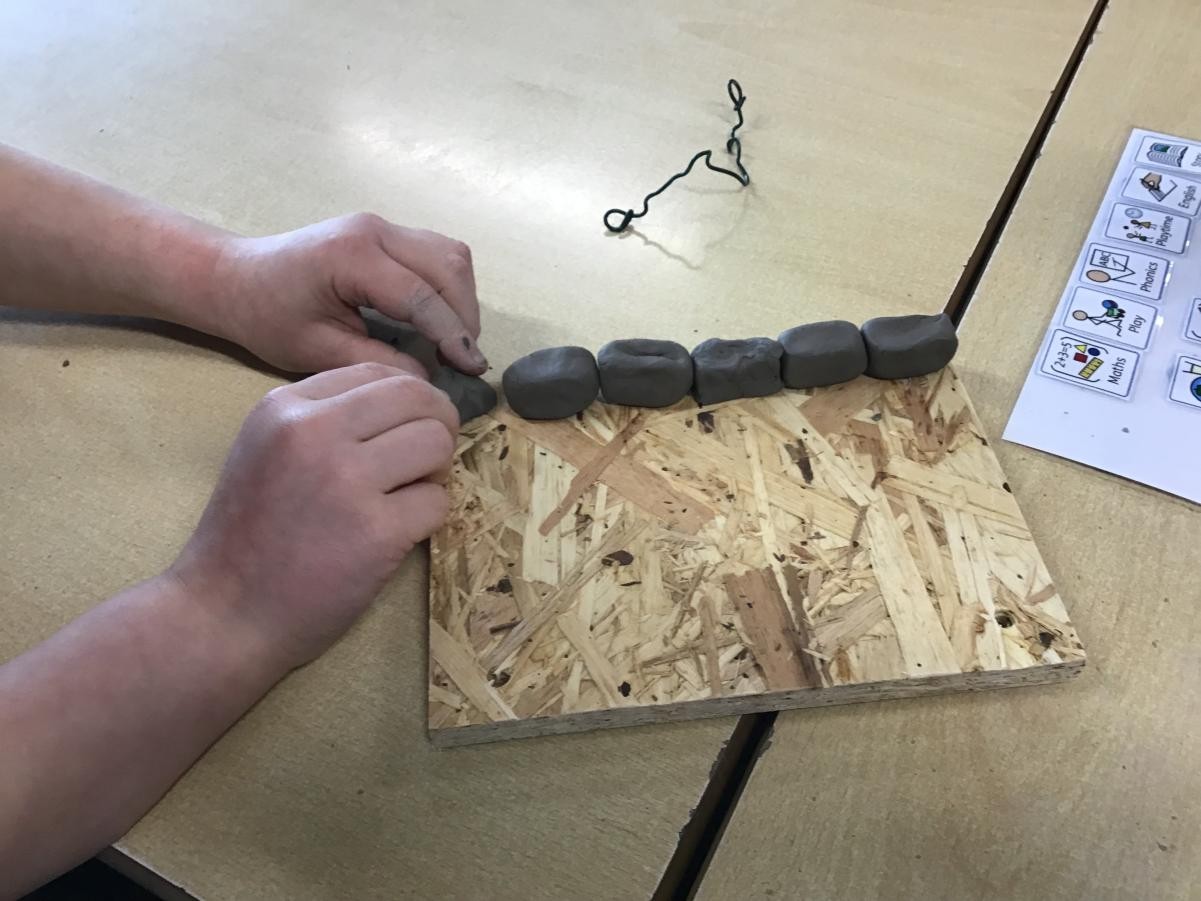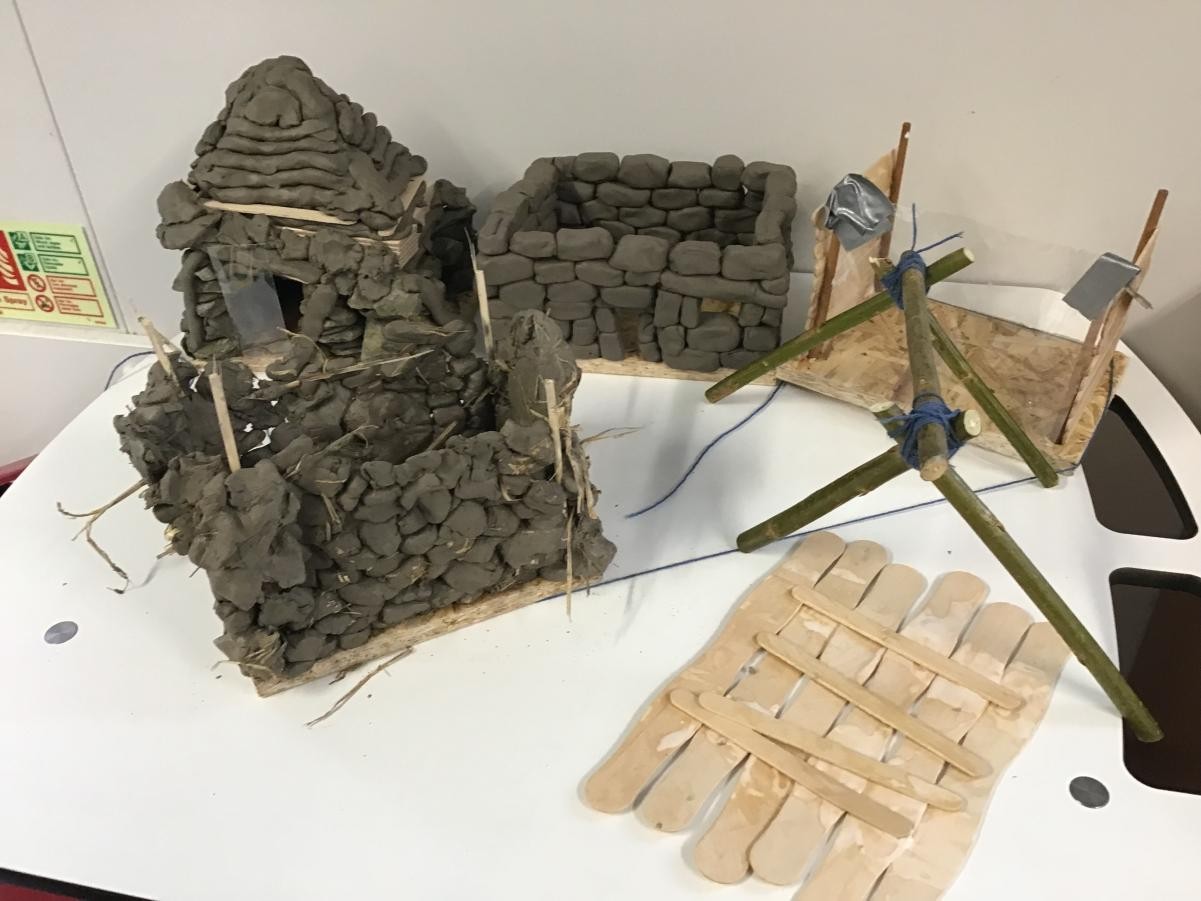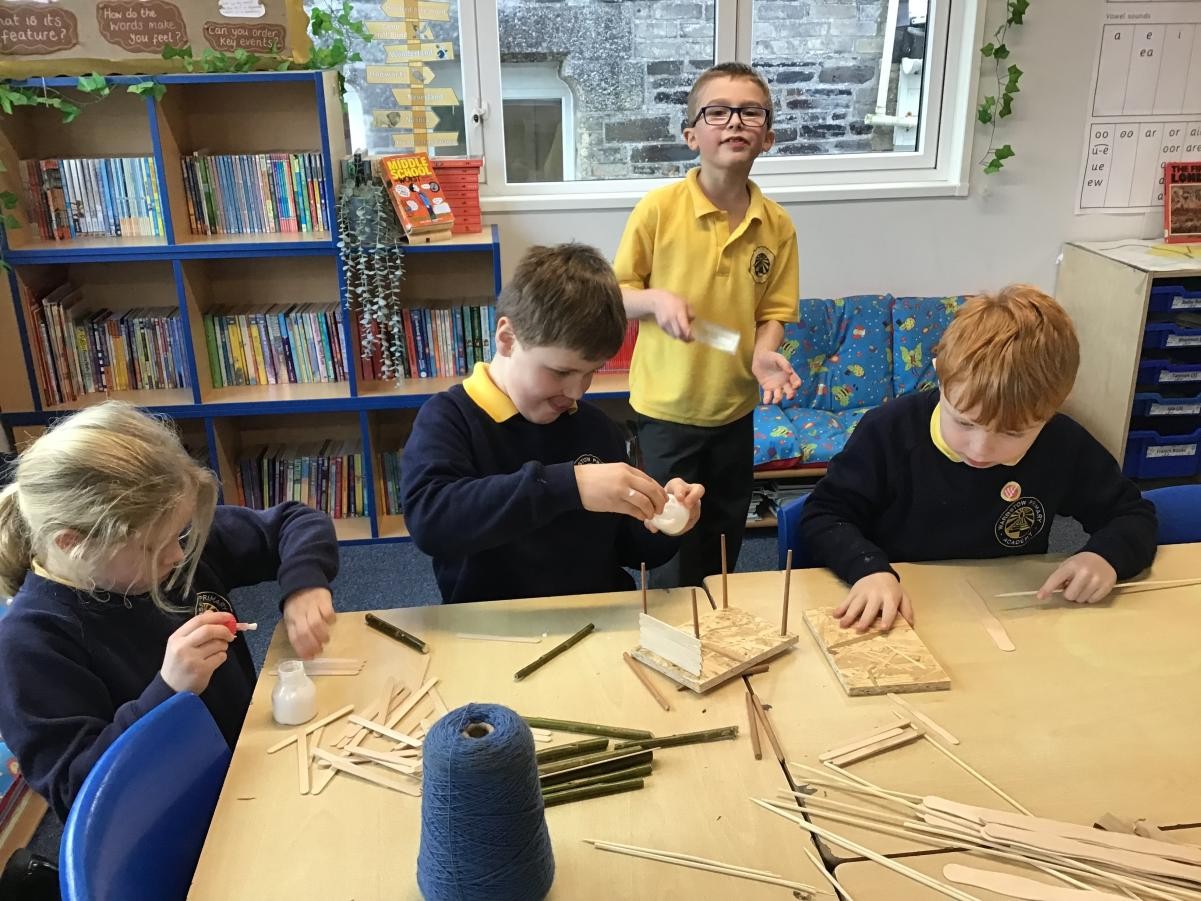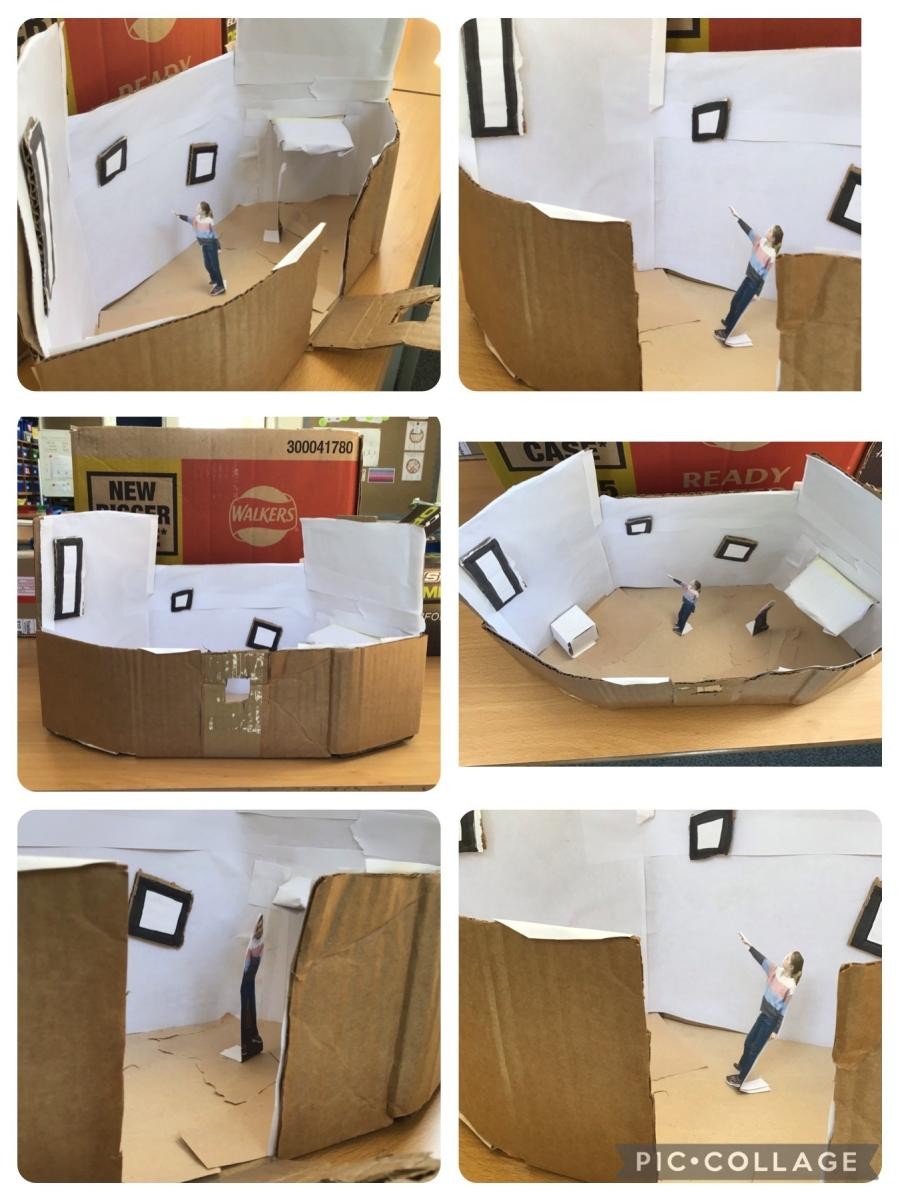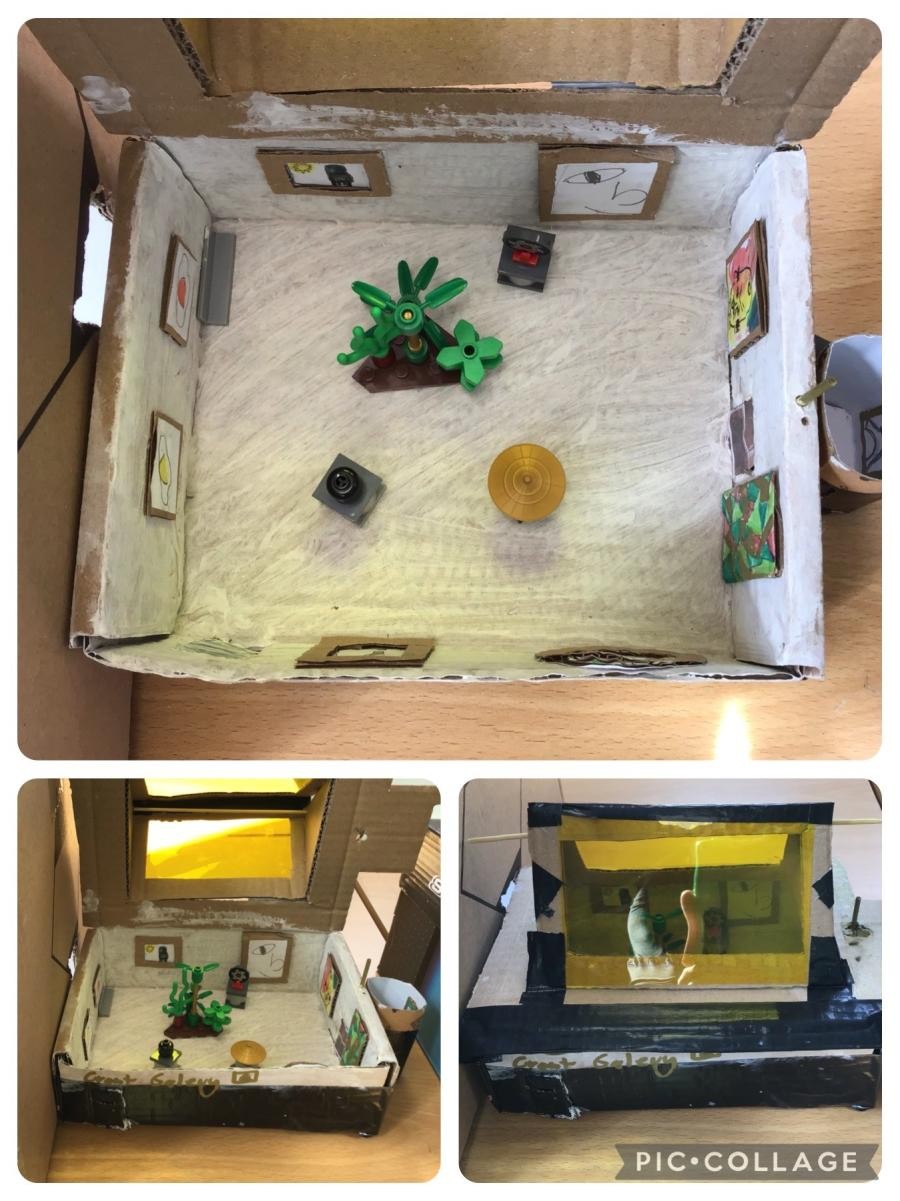“Design is a funny word. Some people think design means how it looks. But of course, if you look deeper, it's really how it works.”
Steve Jobs
Intent:
To make learning as interesting, meaningful and engaging as possible, we have a Curious Curriculum. This is a knowledge based curriculum with each theme and subsequent lesson starting with an enquiry question. Children are active participants in their learning journey; we promote skills in creativity and develop critical thinking by following a line of enquiry.
Design and Technology prepares children for the rapidly changing world. Children are encouraged to become independent, creative problem solvers and learn how to develop collaborative and independent thinking skills. Opportunities are given for children to respond to needs and opportunities by developing their own ideas and products. Design and Technology is all about the combination of practical skills alongside developing an understanding of aesthetic, social and environmental issues. Once designs have been discovered and created, DT lessons allow children time to reflect on and evaluate past and present technology, including their own creations and those of their peers.
We aim to develop children's creativity, technical and practical expertise so that they can perform everyday tasks confidently. It is important that children are given opportunities to build and apply a repertoire of knowledge, understanding and skills so they can create high-quality prototypes and products. We hope that when children leave us, they are equipped to participate successfully in an increasingly technological world. In Design Technology, children are asked to solve problems and develop their learning independently. English, Maths and ICT skills are taught during discrete lessons but are revisited in Design Technology, so children can apply and embed the skills they have learnt in a purposeful context.
Our curriculum is ambitious and designed to give all pupils, particularly children with SEND the knowledge they need to succeed in life. Learning is adapted to be ambitious yet allows children to develop their knowledge, skills and abilities to apply what they know and can do with increasing fluency and independence. Universal Provision strategies are implemented to scaffold and support learning.
Implementation:
Design and Technology is a crucial part of school life and learning. We are dedicated to the teaching and delivery of an exciting Design and Technology curriculum where children may experience things for the very first time. This subject allows opportunities for children to learn practically and apply their curiosity, imagination and creativity in a purposeful way. Children learn to take risks and how to become reflective, resilient learners whilst learning how Design Technology impacts everyday life and the wider world.
Collaborative work in Design and Technology develops mutual respect for the differing opinions, abilities and beliefs of others. It also helps children to respect their environment and the health and safety of themselves and others. They learn to appreciate that their ideas and opinions may differ to others and also learn to show tolerance. Children are encouraged to work in a democratic way by listening to others and sometimes accepting the ideas of others may be more suitable than their own to create the most effective product.
A variety of assessment approaches are used from observations, marking, white board ‘show me’ and informal assessments. This informs future planning, ensures any misconceptions are responded to and sets the pace of learning appropriately.
Early Years:
In the EYFS, Design and Technology is covered in both the prime areas and the specific areas. We encourage the development of skills; knowledge and understanding that help EYFS children make sense of their world through asking questions, listening to instructions and explaining their understanding.
Children are encouraged to explore and use a variety of media and materials during a combination of adult directed and child-initiated activities. Children are given opportunities to use different media and materials to express their own ideas. Children begin to make plans and construct with a purpose in mind, using a variety of resources. They are encouraged to use what they know about different media and materials in original ways, not being afraid to explore and try new things. The children learn how to use simple tools and techniques appropriately, effectively and safely. The children Identify and discuss foods that are healthy and learn how to prepare some foods safely and hygienically.
Key Stage One and Two:
We ensure that sufficient time is given to Design and Technology, in order to enable pupils to meet the expectations set out in the National Curriculum programme of study. The DT curriculum is coherent and shows progression, allowing time for children to take inspiration from many designers and to develop ideas and master techniques.
Through a variety of creative and practical activities, pupils are taught the knowledge, understanding and skills needed to engage in an iterative process and designing and making. They work in a range of relevant contexts following a clear rationale of design, make, evaluate. They develop their technical expertise as well as skills in food and nutrition.
Impact:
Pupils are able to work collaboratively. They improvise, adapt and overcome problems. Pupils express their own creativity through their design. They build a repertoire of designing and making skills that they use confidently in a variety of contexts.

